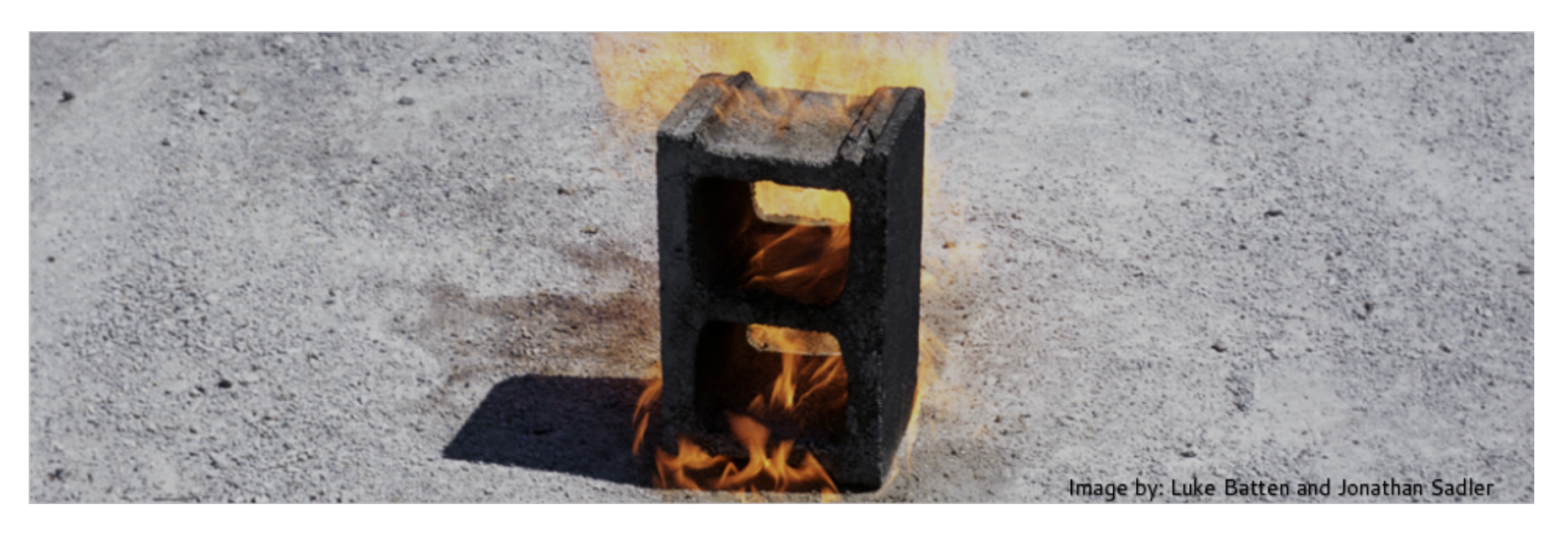
Comparative Literature and Holocaust, Genocide, Memory Studies graduate student Ethan Madarieta defended and deposited his dissertation, “The Practice Of Memory: Decolonial Resistance In Indigenous Chile And The Chilean Diaspora” in April, 2020. He has accepted a tenure-track position as Assistant Professor of English at SUNY New Paltz to begin in August 2020. Because I (Brett) taught the Comparative Literature Professionalization seminar in Spring 2020, Ethan joined the class (via zoom) to discuss his experiences with the students. Here are his tips for the job market.
1) Preparation
Choose your dissertation committee wisely. Think both in terms of their specialized area of study and in terms of their cultural capital (I know, this is quite unfortunate). If you are in Memory Studies and have Brett on your committee, you’re in good shape! Don’t think so much in terms of who is your friend, but rather who will offer you the best feedback and direction.
Don’t be discouraged! It is tough out there, but not impossible. I and most of my colleagues on the job market this year applied to between 50 and 100 jobs and postdocs. Of the eleven people I knew on the market this year (2020 – all in diverse fields from History, Anthropology/Archaeology, Black Studies, English, Sociology), two did not receive a job offer or postdoc.
Keep organized. I highly recommend making an excel spreadsheet to keep your jobs and postdocs organized. I organized my list under the following categories: School, department & position w/ specialty (if applicable), application submission portal address & university web address & department web address, application requirements (e.g. CV, cover letter, teaching statement/philosophy, research statement, letters of rec, etc.), due date, city and state, response pending (I would mark with and XXX after I submitted it), feedback.
Apply widely. Since you are in comp lit you can apply very widely! What are your languages? Apply to departments in each (that you can speak). Is a major lens of your project gender? Apply to GWS departments! Is your project focused on visual arts in literature? Apply to Art History departments. You never know! Just make sure to make a clear and compelling case for how your research and teaching will bring something great to an already great department.
Talk to those on the market, who have been on the market and, if possible, professors who have been on, or are on hiring committees.
Read articles on the market and application components in The Chronical for Higher Ed, The Professor Is In. If you are a person of color or part of an underrepresented group in academia, join the National Center for Faculty Development & Diversity. They’ll help keep you motivated and offer resources in the transition from student to faculty.
At this point, you likely have at least one chapter in good shape and a few ideas you’ve worked on but that won’t fit into the dissertation. Think about taking an article-length section from the chapter or expanding the idea for publication. Rewrite, revise, cut and add to make it a publishable article. Try to publish at least one article in a recognizable journal in your major field by the time you are applying for jobs. On the other hand, I also know folks who didn’t have any publications and got excellent R1 jobs. Who knows!
2) The Skype/Zoom/WebEx interview & Campus Visit
Prepare. Over prepare. Act like each interview is your last and only interview. It might be!
Copy lists of interview questions from Higher Ed, MLA, and other academic sites and answer them all in writing and verbally. Have a few academic friends, preferably in different fields, interview you at least once before your actual interview. Have your committee or a few helpful faculty interview you. The actual interview will likely be via zoom/webex/skype, so do you practice interviews over these platforms.
Think about how to most succinctly answer every question. You don’t want to have an answer that’s more that 3 minutes ever. Shoot for between 1 & 2 minute answers.
Have a compelling and clear “elevator speech” that describes your research and maybe includes one critical intervention. No more than 3 minutes.
Have the same well-crafted description of your teaching with specific examples of texts, syllabus structure, and pedagogical practice. No more than 3 minutes.
Dress up in your power clothes. What makes you feel super good? Wear that. If you’re into wild clothes and accessories, consider toning it down a bit. Keep your style there but be considerate of traditional mores for academic professionals. Ask your trusted advisor for their opinion on aesthetic presentation. Same applies for the on-campus visit.
Be your best self. Be your kind and thoughtful self. Be genuinely interested in them, in their work, in teaching. They’ve already read your work and have an idea of how and what you teach from your job materials. Now they’re looking for a colleague. Be the colleague they’re looking for by being the kind of person you would want as a colleague. Same applies for the on-campus visit.
Practice your job talk like your life depends on it. Have it feel like it’s second nature, then make notes in the text where you need to “be excited,” “smile,” “breathe,” “take a drink of water,” “pause,” “look at audience thoughtfully,” “more energy!” etc.
Make sure your PowerPoint is only filled with absolutely relevant slides. If you don’t talk about it in your presentation, don’t include it in the PP. Consider putting blank slides between content slides for when you are in transition from one topic to another.
Practice your teaching demo like your life depends on it. Get a few people together and teach a lesson. Address the content using methods that are important to the department you are applying to. I taught my demo for the English department. They were hiring for someone that specialized in Latinx literature but could also teach their English lit survey course and graduate theory and methods courses. I used critical race theory, Latina/o studies, formalism, and post-structuralism to read a poem about ethnicity and racial subjection in the U.S. I asked things like, “what does this caesura tell us about the subject’s understanding of his ethnic identity?” and “how might we understand the author’s use of metaphor instead of simile in the first part of the poem and simile instead of metaphor in the second part?” This showed them that I could teach formal aspects of literature while also engaging with my specialization, Latinx literature.
3) You got the job!
Don’t accept it right away! Talk to your committee and respond with a counter-offer. Work with your advisor on this process.

